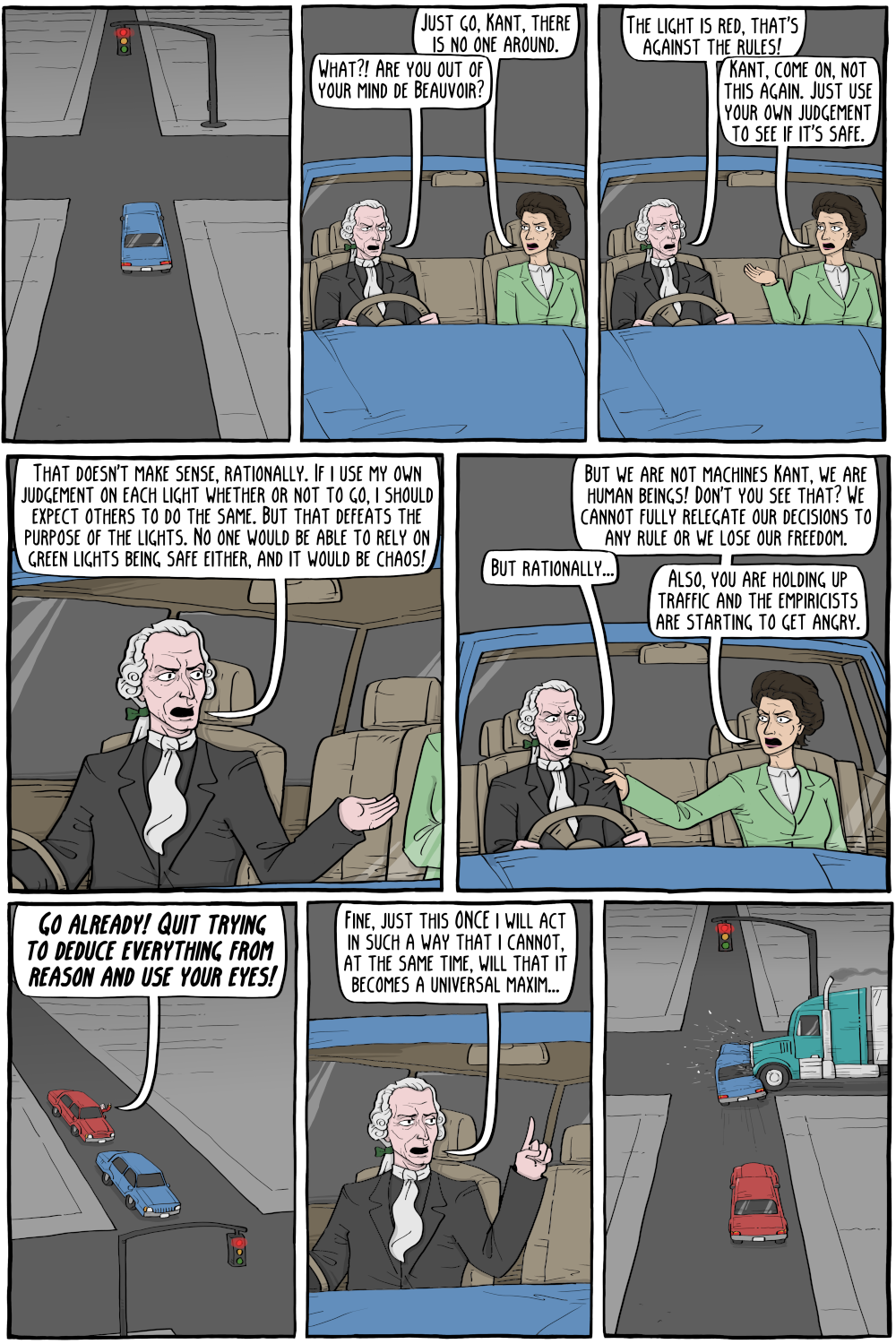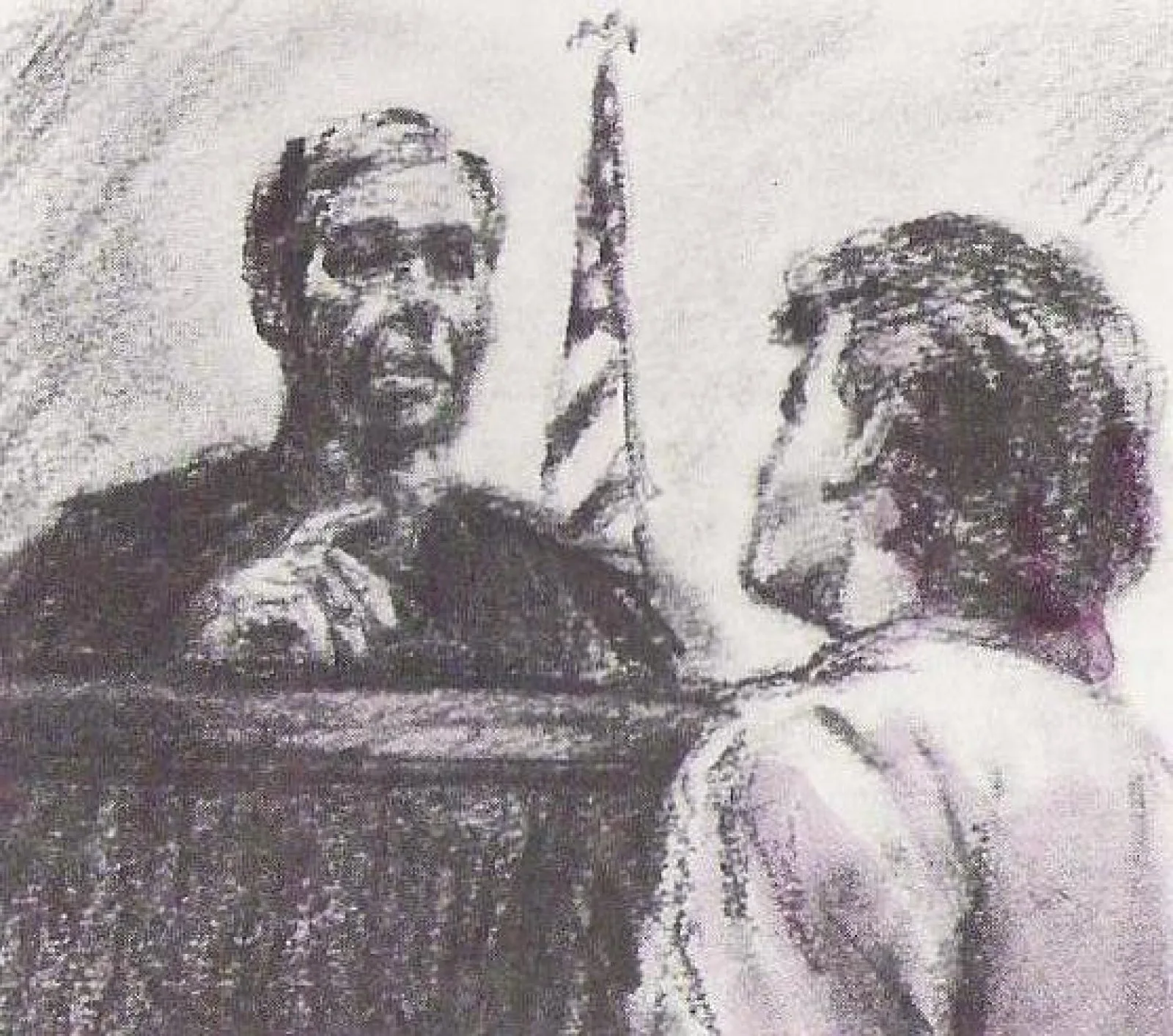A question I'm trying to answer is when can values play a legitimate role in regarding something as misinformation?
I came across a review of The Misinformation Age which points out that the book doesn't offer a solution to this problem, and I'll be sharing a relevant excerpt here to facillitate a discussion, but I'm eager to hear your thoughts on the quote from the review or my question.
"In an endnote they clarify: ‘we understand “true beliefs” to be beliefs that generally successfully guide action, and more important, we understand “false beliefs” to be ones that generally fail to reliably guide action’ (p. 188). Their understanding of truth thus has a ‘strong dose of pragmatism’ and they further specify that it is a ‘broadly deflationary attitude in the spirit of what is sometimes called ‘disquotationalism’ (pp. 188–9).
"While I accept that doing what works is a good description of why scientists do and should pursue hypotheses, or why we sometimes treat hypotheses as if they were true for practical purposes, it’s not clear to me why we should equate this with ‘scientific truth’. Once a definition of truth is tied to notions of ‘success’ and ‘reliability’, ‘truth’ then inescapably becomes bound up with partial non-epistemic value judgements.
"The issue I see with O’Connor and Weatherall’s definition in the context of misinformation is that given reasonable value pluralism in democratic societies, there will oftentimes be competing claims to ‘scientific truth’ and it won’t be clear which (if any) should be labelled as ‘false beliefs’ or ‘misinformation’...
"I find it difficult to see how any theory that doesn’t give us the resources to distinguish between evaluative and non-evaluative claims can actually do the work O’Connor and Weatherall want in pushing back against propaganda. Moreover, adopting this kind of definition seems to risk encouraging people to paint too many things as ‘false’ beliefs, misinformation, and ‘alternative facts’, where disagreements are perhaps best understood as a product of legitimate value differences."




